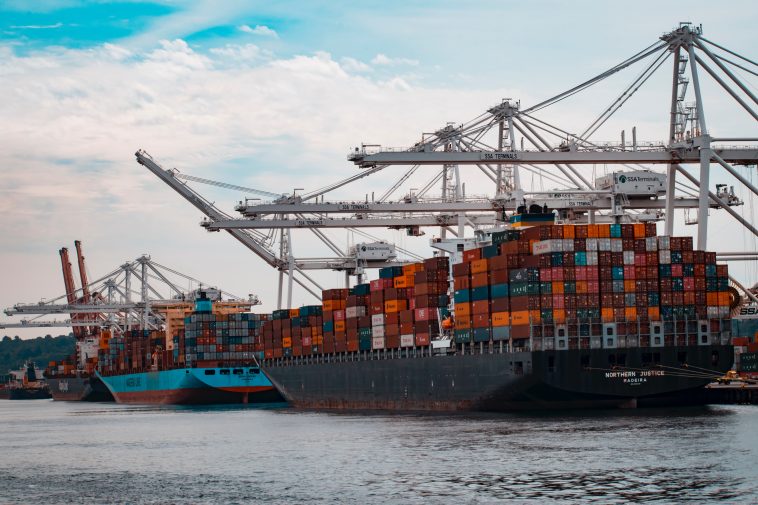A significant challenge stands out in the ever-evolving landscape of African international trade: Only 30% of trade volumes are supported by financial intermediaries in banks. This substantial gap in financing has a disproportionate impact on small and medium-sized enterprises (SMEs), as larger companies dominate the limited pool of available capital.
The potential to reshape African trade is evident when considering the annual value of international trade volumes, a staggering $1.2 trillion. Moreover, this untapped market highlights the demand for innovative startups to seize the opportunity. FrontEdge, a fintech based in Lagos, has recently secured $10 million in a seed round of funding, with over 70% coming from debt and equity. Their mission is to facilitate the growth of cross-border trade in Africa.
In 2021, Moni Alli established FrontEdge, a fintech based in Lagos. It intends to provide essential financial support and cutting-edge software tools to SME exporters and importers, facilitating cross-border and international transactions. Alli, a former McKinsey consultant with a background in digital transformations for tier-one banks, including those in Nigeria, South Africa, and Morocco, had spent a decade ideating solutions to bridge the SME financing gap in Africa.
His extensive experience, including a stint in private equity at Development Partners International (DPI), culminated in the creation of FrontEdge. In an interview with TechCrunch, Alli explained, “I spent a lot of time advising banks around SME financing, but I think the result I saw was that balance sheet was largely allocated towards large corporates. The financing process in banks is outdated; you have collateral-based lending, which means underwriting an SME can be deemed unprofitable.” He embarked on this entrepreneurial journey after completing his MBA at Harvard Business School.
Digitizing these processes and customizing them for SMEs is a logical step, and it aligns with the vision I advocated for that led to the creation of FrontEdge. Our primary focus was on African SME exporters. In the realm of cross-border trade, we observed a substantial gap in financing and an opportunity to underwrite transactions across countries.
FrontEdge’s identification of this challenge is exemplified in the pre-funding model used by agri-commodity traders. These traders provide funds to smallholder farmers, overseeing the entire process from warehousing to transportation, typically serving 60 days. Following this, there’s an additional transit period of 40 to 60 days, depending on the jurisdiction, before payment is received upon the goods reaching their destination. This results in a significant cash tie-up over a 120 to 180-day cycle for exporters.
FrontEdge, in contrast to traditional banks, offers upfront capital to exporters. They do so by utilizing a transaction-based underwriting approach without collateral. However, Alli, a representative of FrontEdge, mentioned that the timing of their intervention varies depending on the level of risk they are willing to take on. Typically, the startup steps in when goods are on an actual vessel or at the warehouse. They establish payment terms that span from 60 to 90 days on average. This strategic approach enables the fintech company to bridge the working capital gap, consequently expediting receivables for exporters and facilitating more transactions.
FrontEdge initially launched as a lending-focused platform but has since transformed into a more robust system. It now interfaces with various databases to offer valuable insights into cross-border trading dynamics between buyers and sellers. Additionally, it underwrites the offshore credits of buyers. After completing numerous trades the previous year, the startup noticed that these entities were receiving dollar inflows. Recognizing an opportunity to address challenges associated with capital controls and high banking fees, the fintech decided to expand its support. It facilitated the establishment of overseas offshore accounts, allowing for converting dollar proceeds into the local currency, naira, which many exporters widely use.



